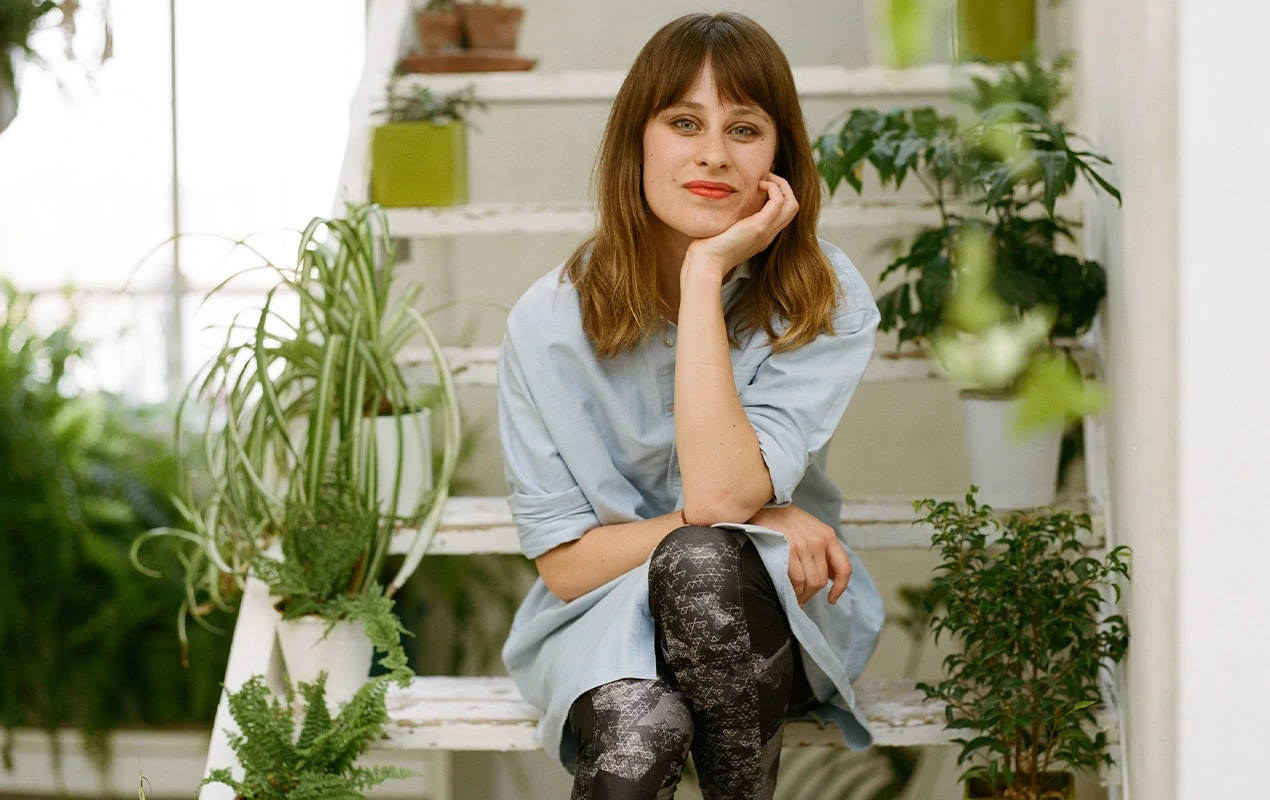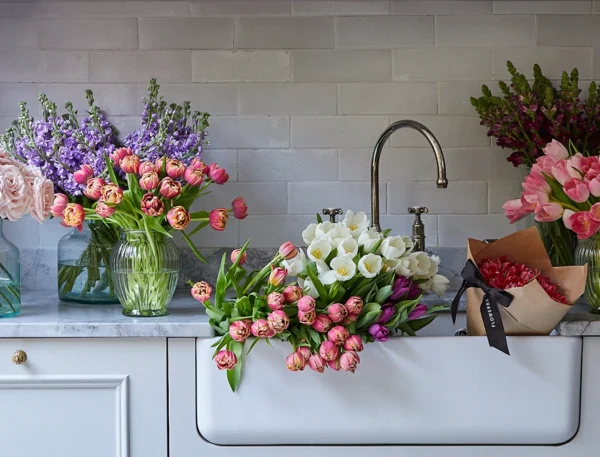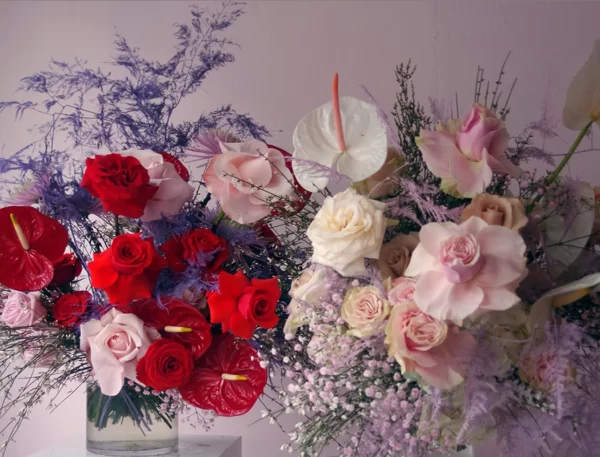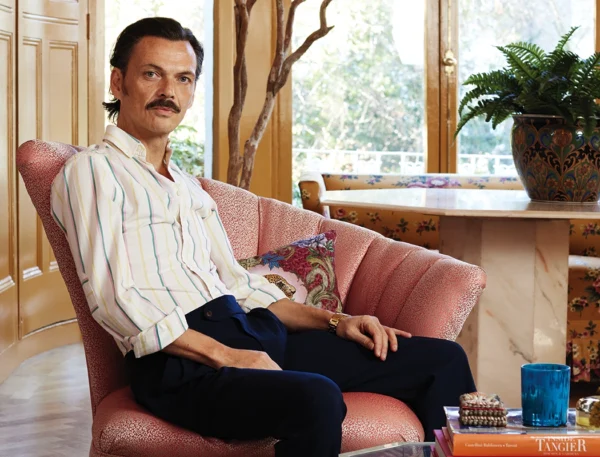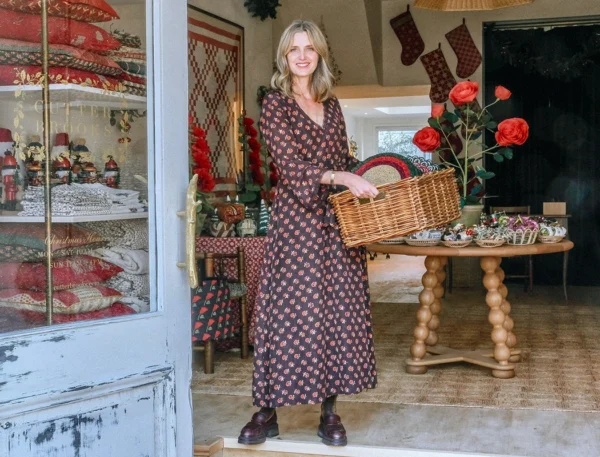When Alice Vincent’s life fell apart in her mid-twenties, after a particularly painful break-up, she sought out the nurturing power of plants and gardening to help her rediscover her way in the world. A self-taught garden expert, she has now written two books: How to Grow Stuff, featuring no-stress tips for beginners, and Rootbound: Rewilding a Life, a mixture of memoir, botanical history and biography that explores the benefits of bringing a little bit of the outside in. Here she shares her advice for introducing more greenery into your life.
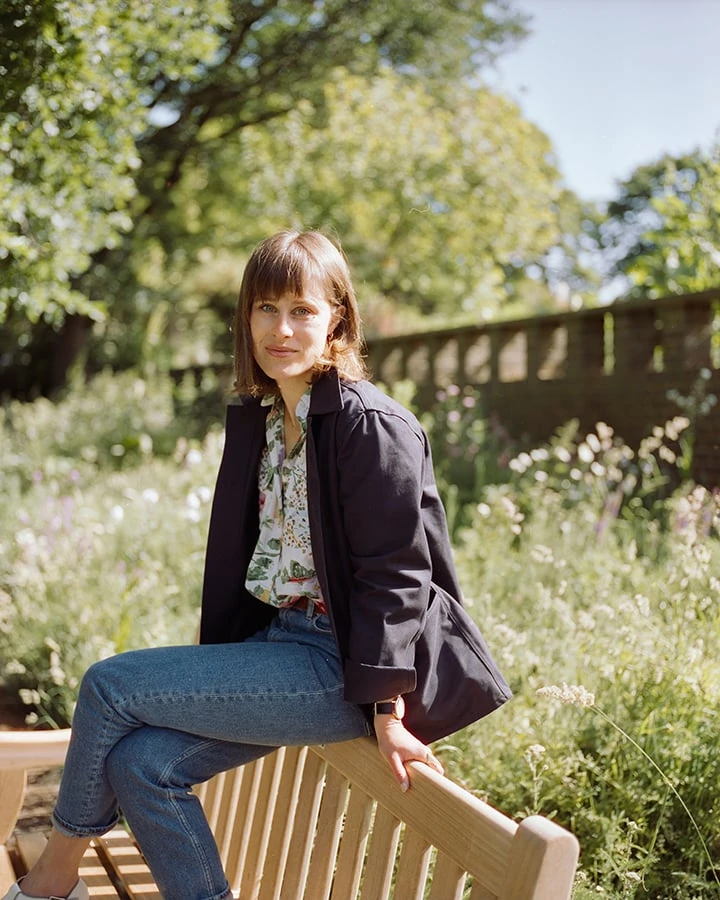 Pin
Pin Address what your space is and what you want to get from it
I always advise people to start by really looking at the space they have, whether that’s a garden or a balcony, in the same way as you would look at a room before you decorate – look at how the light comes in, how much time you spend in it, whether you normally entertain in there or use it to relax. If it is south facing and gets a lot of sunshine and you want to be out there with your friends, you are going to garden it differently than if it’s quite shady and secluded and you just want a private reading nook.
Support your local nursery
While a lot of the nurseries have closed at the moment, some are being ingenious and doing home deliveries. Look up your local nursery and give them a call – they will tell you what they have in stock and are brilliant resources if you’re a beginner. Tell them what you have, for example I have a balcony and it doesn’t get a lot of light, and they’ll be able to tell you what would work in that space. It’s also a great way to support an independent business.
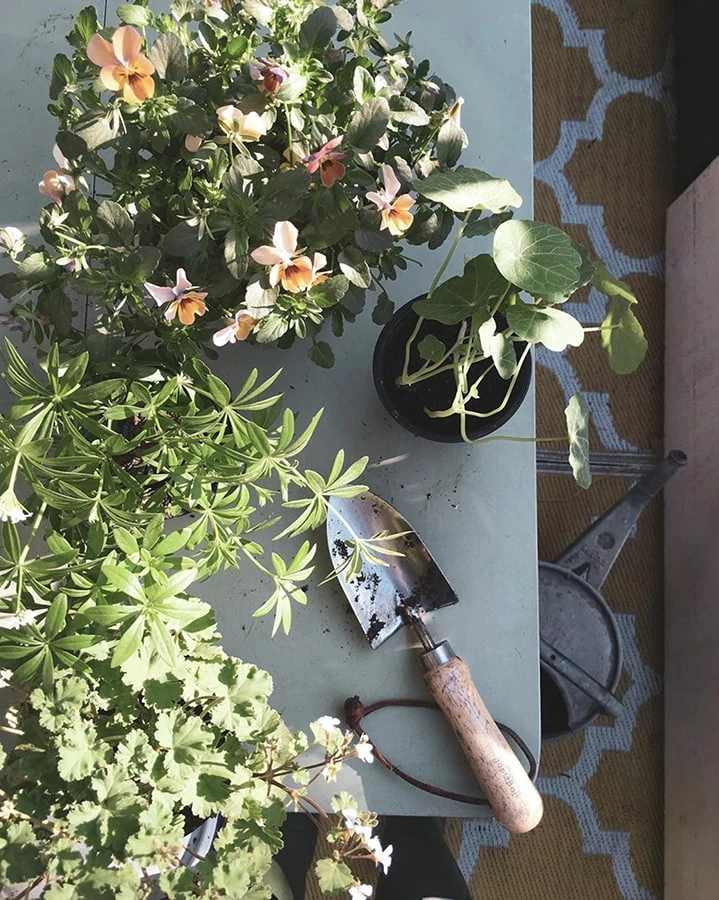 Pin
Pin Try your hand at indoor gardening
Micro greens are great things to grow indoors. Get a pack of seeds, like radishes, coriander, Asian salad leaves or mustard – anything that packs a punch. Micro greens are basically like a posh version of the cress you grew at school, only slightly more sophisticated – you can grow them in the tubs that you get tomatoes or mushrooms in; just add a bit of soil. You need a couple of handfuls to fill the troughs and then scatter your seeds and keep them moist – they will start germinating within a couple of weeks. When the stems grow, they can be harvested less than a few centimetres high – garnish your food with them and you get that satisfaction that you are growing something you are eating, which really can help, especially if you are a new gardener. I’m yet to see someone not get excited about seeing seeds come up; it’s like magic.
Don’t be put off if you don’t have a garden – balconies can work too
Start off by figuring out which way your balcony faces – I’ve grown on two with totally different aspects. The first was very sunny and exposed, so I grew a lot of what we call edibles, like tomatoes and salad herbs. I also grew flowering things, like geraniums and nasturtiums, which look beautiful. The balcony I have now is quite shady so it’s better suited to ferns, like a Boston fern, which has lovely foliage. Bamboo also works really nicely on a balcony, but you have to give them a solid drink at least once a week.
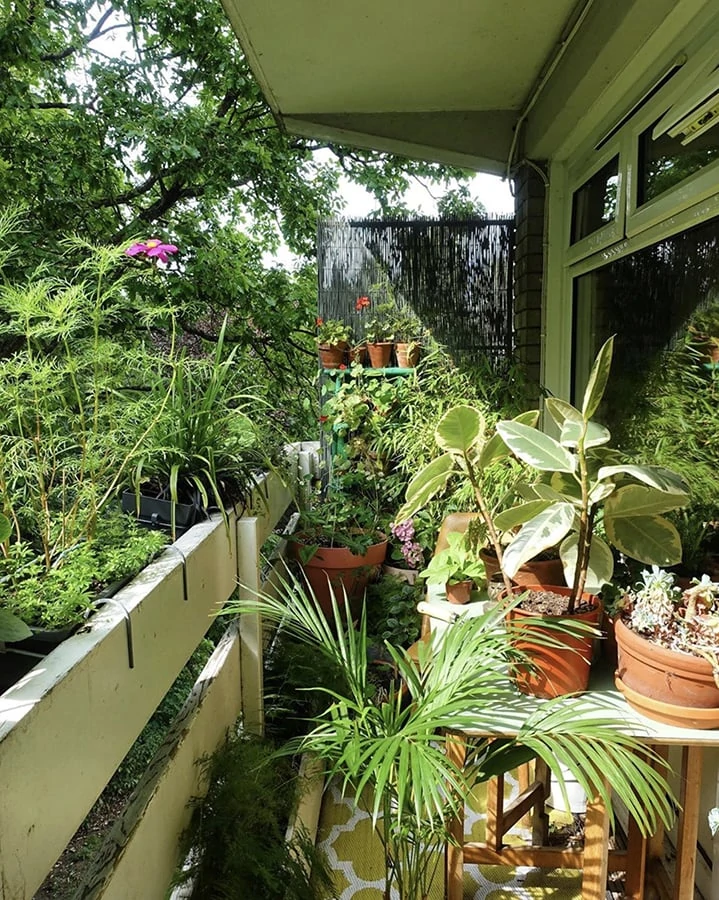 Pin
Pin Make time to stop and enjoy nature, wherever you may find it
I live in a small flat but I’m very fortunate that it looks out onto woodland. I’m so grateful to be able to see birds all day and watch the weather changing and new leaves growing on the trees. It is scientifically proven that to be involved and look at nature, to absorb the natural world and spend time amongst greenery, can make you feel better and lighten your mood. When I was writing my second book, I kept coming across the fact that a lot of people think that it’s this current generation who are fascinated by house plants and gardening, but actually there have been dozens of generations that have done this. There’s a reason why when refugees came over in the 17th Century they put packets of seeds in their luggage and why when rapid urbanisation happened in the Victorian era, people started to grow plants on window boxes. People have long turned to plant life and horticulture when they feel like they want to control something and connect to nature – so it’s not surprising that we want to garden more at the moment
Rootbound: Rewilding a Life by Alice Vincent (Canongate, £14.99)
waterstones.com





